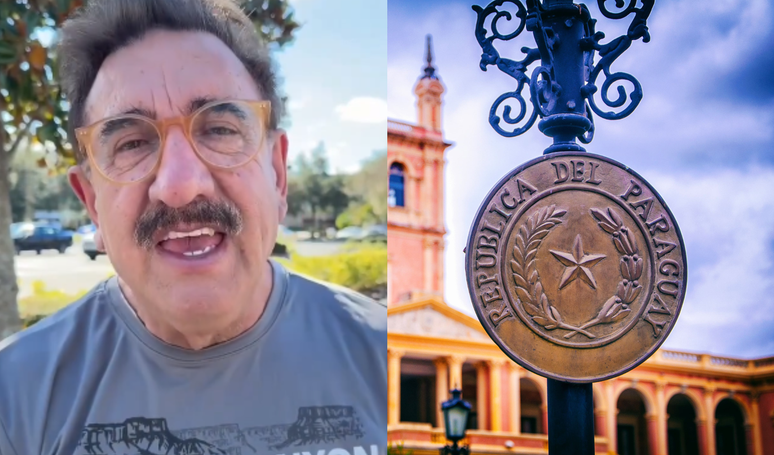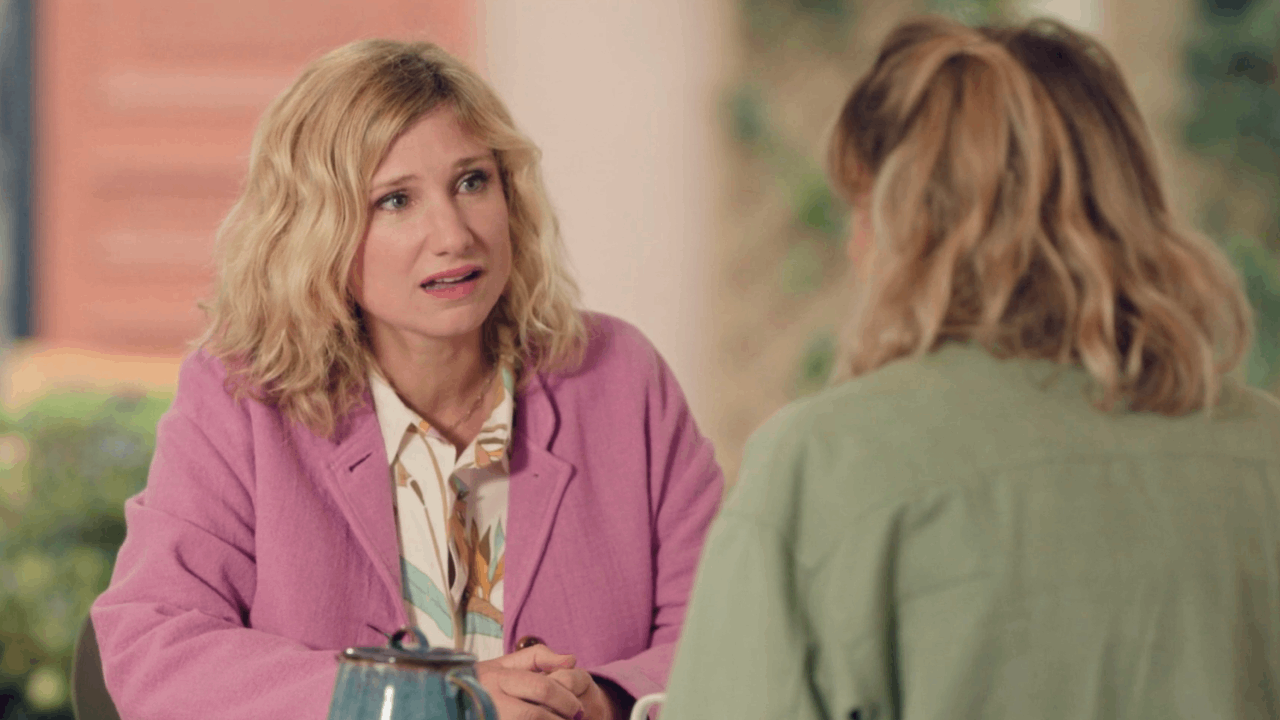The condition can be linked to several factors and requires appropriate treatment
Do you feel persistently tired even after periods of rest? What about difficulty concentrating? Can you make decisions easily? Do you have irritation? Do you suffer from insomnia or irregular sleep? Do you feel disinterested in activities that used to be fun?
These are symptoms of mental fatigue, which is when you experience psychological fatigue, information overload and excessive demand for productivity. The person is not willing to carry out activities, be they simple tasks or work tasks, he is unable to concentrate or even feel good doing something he likes.
OR mental tiredness it can be linked to various factors. These include psychological ones, such as chronic stress, anxiety and depressive symptoms (such as discouragement or lack of willpower). COVID-19 has also left/leaves many people with cognitive loss and difficulty concentrating.
Diagnosis of mental fatigue
Understanding how mental fatigue manifests itself is the first step in fighting it. It is important to analyze cognitive functions, whether there is any loss and what is the reason for this. “For example, we can evaluate a patient with anxiety. He has accelerated thinking and therefore performs tasks quickly and makes mistakes. During the consultation we can carry out tests, such as Altoida, a test that tracks cognitive disorders, and we can come to the conclusion that the cause is anxiety and needs to be treated with drugs, in addition to psychotherapeutic techniques”, says neurologist Marcos Lange, from Curitiba (PR).
Another scenario would be the identification of mild cognitive impairment, a situation that increases the risk of dementia. “With Altoida we were able to identify the cognitive abilities who are below expectations and apply pharmacological, behavioral and lifestyle change strategies that can prevent the progression of cognitive loss. Therefore, the most important thing is to understand that this brain fatigue is only the tip of the iceberg, and it is necessary to evaluate the other associated symptoms and limitations observed, make a diagnosis and propose a treatment”, concludes the doctor.
For Minas Gerais psychiatrist Francis Silveira, Master in Neuroscience at Logos University International – UniLogos/Miami (USA), tools like Altoida emerge as allies. “Although originally developed for the early diagnosis of neurodegenerative diseases, this augmented reality exam also delivers intuitions on mental fatigue. Through neuromotor tests, Altoida can help identify changes in cognitive performance, although it does not replace a clinical evaluation”, adds the specialist.

Mental fatigue can lead to neurodegenerative diseases
Neurodegenerative diseases, those linked to the cognitive part, especially Alzheimer’s disease, the most widespread, are associated with various risk factors, including fatiguewhich leads to brain fatigue, tiredness, difficulty concentrating and paying attention.
“If we understand that mental fatigue is due to stress, we are more likely to contract various chronic diseases, including neurodegenerative ones. In fact, many other factors that cause cognitive and mental tiredness or fatigue are also factors of these diseases, such as insomnia ; consumption of ultra-processed foods, sedentary lifestyle and sleep disorders”, explains Marcos Lange.
Strategies to reduce mental fatigue
Improving mental fatigue involves implementing strategies that promote rest, emotional balance and mental health. I wait:
- Avoid factors that lead to stress;
- Treat the depression and anxiety;
- Treat chronic diseases, i.e. keep diabetes, high blood pressure and cholesterol under control;
- Do not drink or moderate the consumption of alcoholic beverages;
- Not smoking;
- Practicing physical activity;
- Organize your day’s agenda with everything you have to do;
- And live in the present moment: “Avoid suffering in advance or living too much in the past. This makes the difference”, warns Marcos Lange.
Recognizing the problem is the first step. Also, it’s worth talking to friends and looking for healthcare providers.
By Gabi Vasconcelos
Source: Terra
Ben Stock is a lifestyle journalist and author at Gossipify. He writes about topics such as health, wellness, travel, food and home decor. He provides practical advice and inspiration to improve well-being, keeps readers up to date with latest lifestyle news and trends, known for his engaging writing style, in-depth analysis and unique perspectives.








